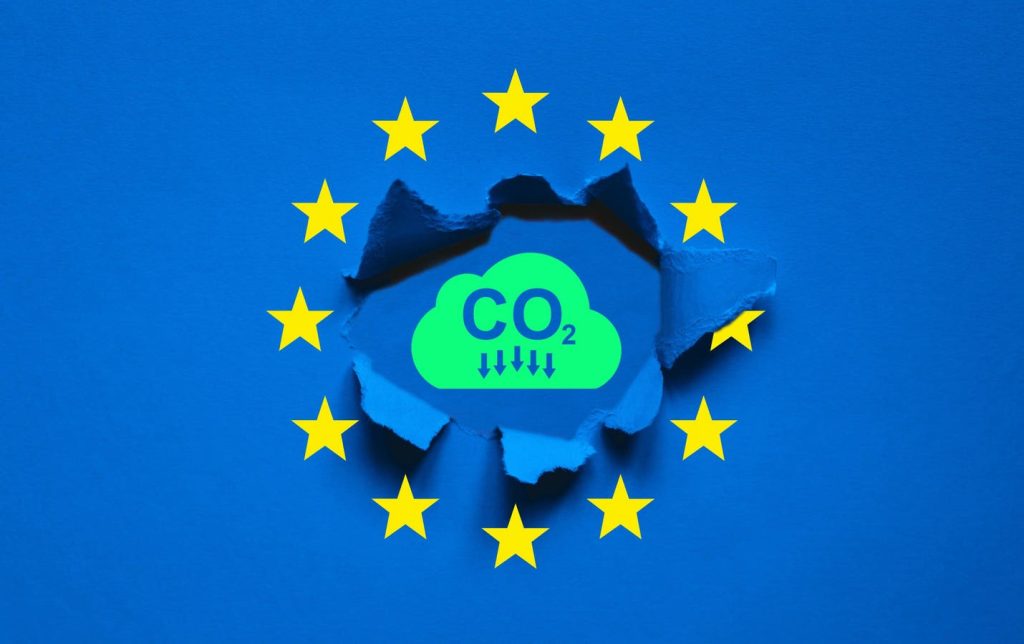Europe is facing a challenge as it aims to transition its citizens towards purchasing only electric vehicles, with new internal combustion engines being gradually outlawed by 2035. However, the sales of electric vehicles have stalled in the region, raising concerns about achieving the desired mass market sales required to meet the targets set by the European Union and the British government. Local auto manufacturers lack the capacity to reach these targets, while Chinese manufacturers offer cheaper electric vehicles that could potentially harm European automakers. There are also concerns about potential illegal subsidies from China for EV sales, leading to a possible increase in import tariffs.
The European Union has set ambitious targets for electric vehicle sales, with the UK mandating that automakers must reach certain percentages of EV sales in the coming years, leading up to a complete ban on the sale of new internal combustion engines by 2035. However, automakers are struggling to meet these targets, with sales of electric vehicles accounting for a small percentage of the overall market share. This has led to criticism from industry leaders like Stellantis CEO Carlos Tavares and BMW CEO Oliver Zipse, who are calling for changes in the ban on new ICE vehicles and the use of taxes to incentivize cuts in CO2 emissions.
Despite forecasts predicting a surge in electric vehicle sales by 2030, there are doubts about whether the EU’s plan to transition to zero emissions by 2035 is achievable. Analysts point to the challenges faced by the industry, including a global slowdown in EV sales and a preference for hybrid vehicles over fully electric ones. As automakers like Ford Motor hedge their bets on the transition to electric vehicles, the industry is pausing its EV efforts ahead of upcoming fleet emissions targets. Changes in company car taxation and city bans on internal combustion engines are expected to drive the transition towards zero emissions by 2035.
Industry experts believe that the transition to electric vehicles by 2035 is possible if the EU stands behind its plan, despite challenges and uncertainties. Some political groups are calling for a reversal of the ban on new ICE vehicle sales by 2035, which could potentially derail the plan. However, the outcome of the upcoming elections in June could have significant implications for the EV transition in Europe. Analysts also expect more collaboration between European and Chinese manufacturers, with deals already in place for Chinese companies to produce cars in Europe and for European manufacturers to sell Chinese-made EVs.
The EU is facing a dilemma in balancing the need to meet ambitious targets for electric vehicle sales while protecting its local auto industry from competition from Chinese manufacturers. The potential increase in import tariffs on Chinese EVs could have repercussions for both European consumers and manufacturers, with collaboration between the two regions seen as a way forward. As the industry grapples with the challenges of transitioning to electric vehicles, achieving the goals set by the EU and the British government by 2035 remains a significant challenge with potential political and economic implications.













